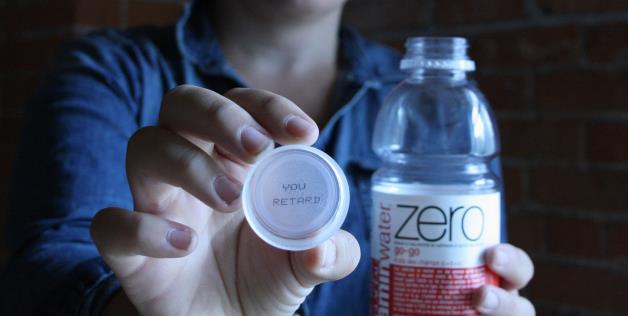Mexico is the latest country to propose a higher tax on soft
drinks in an attempt to curb high obesity rates which is a growing worldwide
problem.
The country's residents are the most obese adults in the world
with 32.8 per cent of Mexicans deemed overweight, compared to 31.8 per cent of
Americans, according to the UN Food and Agriculture Organisation.
Mexican President Enrique Pena Nieto hopes to raise $950
million for the country thanks to a proposed eight-cent (1 peso) per litre tax
on soft drinks. Mexico's residents drink an astonishing 163 litres of soft
drinks a year, one of the highest consumption rates in the world.
Overweight and obesity rates have risen around the globe
with the likelihood of adults having one of these conditions rising to 34 per
cent in 2008 from 24 per cent in 1980. Rates are increasing in every country,
even in low-income countries where there's severe malnutrition, says the United
Nations FAO.
Obesity isn't good for anyone's health, but it also puts a
strain on a household's budget - whether it's through healthcare expenses or increased
food costs. Weight increases can lead to type 2 diabetes, heart disease or cancer,
as a few of the issues, which lead to a heavier strain on the country's healthcare
system.
Countries have attempted to use a "fat tax" to
improve the eating habits of residents. It's taking a page out of the book of
tobacco control, which research shows that once cigarette prices rose by 50 per
cent, smoking rates dropped.
Denmark is believed to be the first country to implement a
"fat tax" in October 2011. The tax was added to food with more than
2.3 per cent of saturated fat, which included dairy, meat and processed foods.
While the tax meant well, it was cancelled after about a year since it had a
harmful effect on businesses and led Danish residents to cross the border to buy
their junk food. The tax did manage to raise a revenue of $216 million,
according to the New York Times.
In France, there was a backlash over a proposed "Nutella
tax," which could have quadrupled the cost of food containing palm oil,
such as Nutella. It was voted down.
Samoa Air, an airline company servicing the South Pacific,
introduced the first-ever, pay-by-weight policy, which charges for a persons'
baggage, along with their weight.
Unfortunately, obesity rates in Canada have climbed to
record rates. The Ontario Medical Association has called for junk food taxes on
unhealthy foods and cheaper taxes on healthy food option as some of the
organization's recommendations.
Organizations continue to debate whether it's more or less
expensive to eat healthy. While fruits and vegetables cost less compared to
other high fat or high sugary foods, it depends on how you measure the price,
according to a study released by the U.S. Department of Agriculture. Foods
compared by price per calorie show that high-calorie processed foods are
cheaper, while if food is compared by weight or portion size than healthier
grain, fruit and vegetable and dairy options are more inexpensive.
Do you think a
"fat tax" is a good or bad idea?
Josephine Lim, MSN Money



